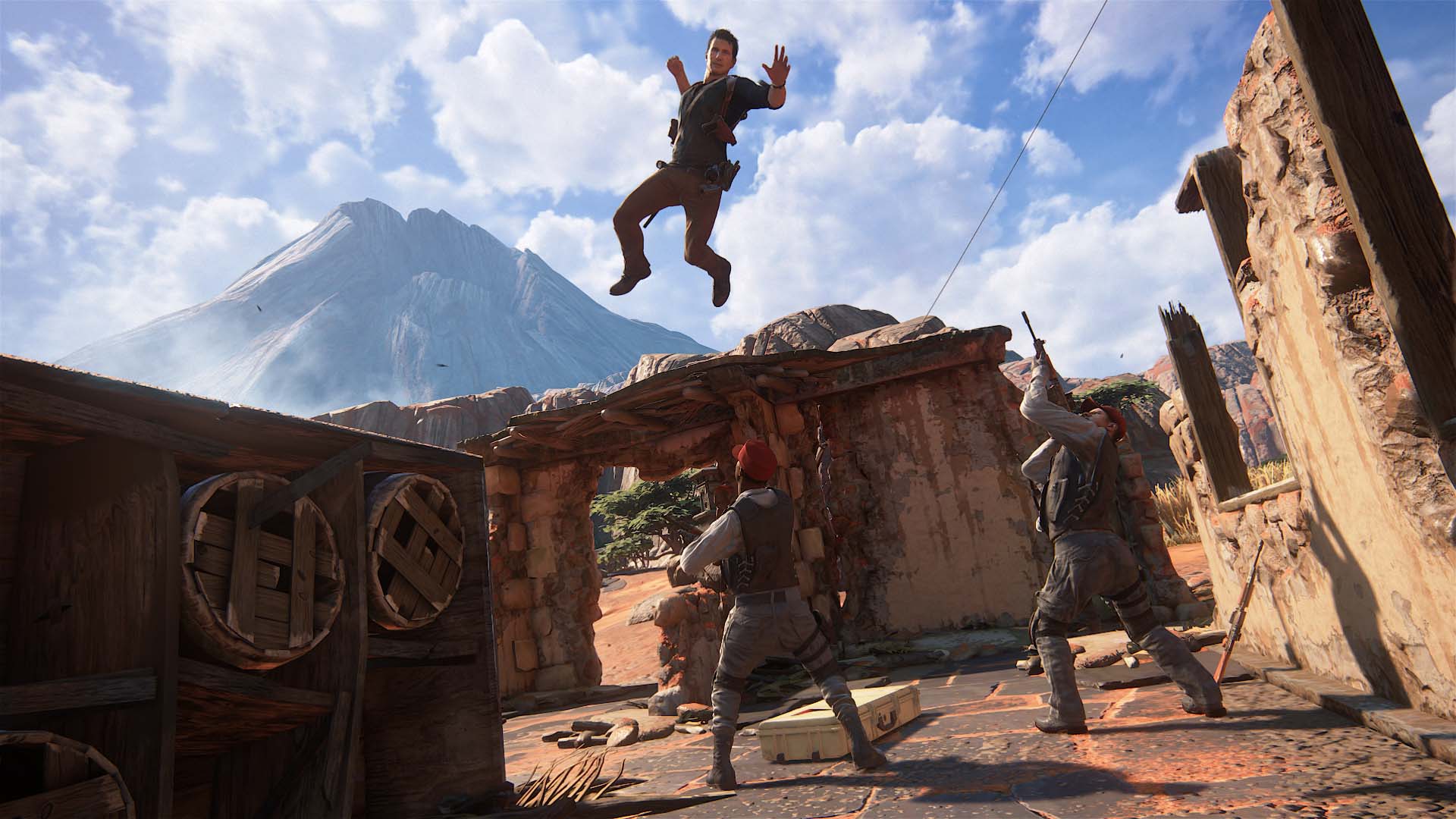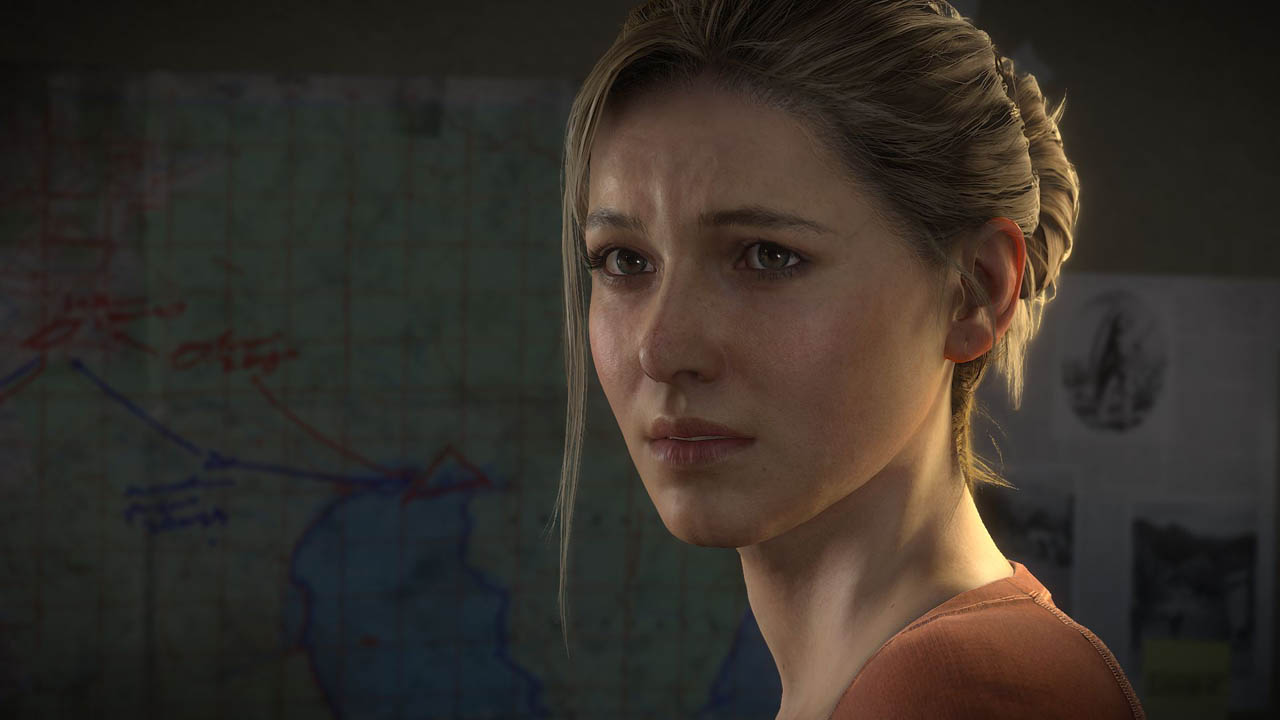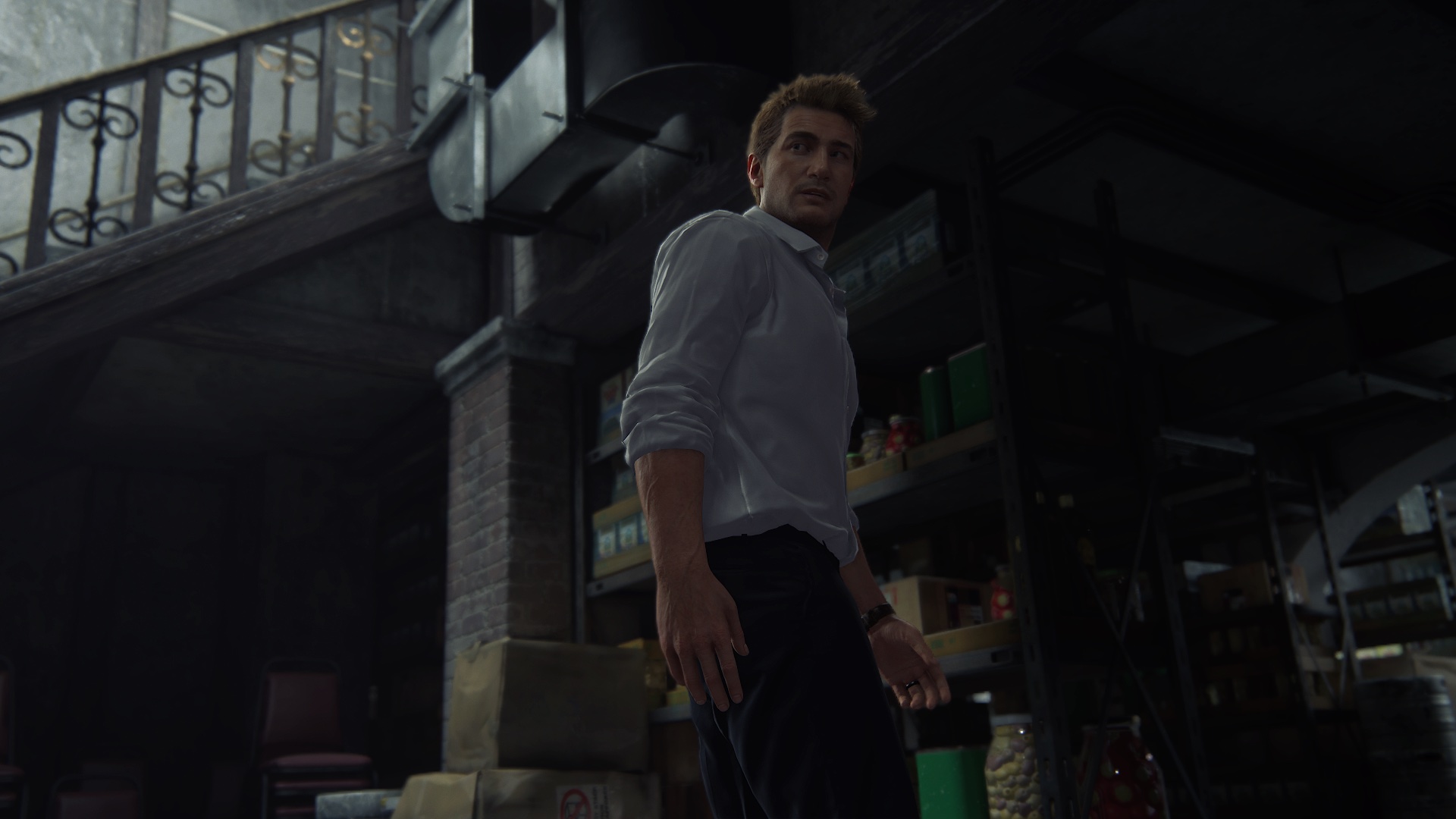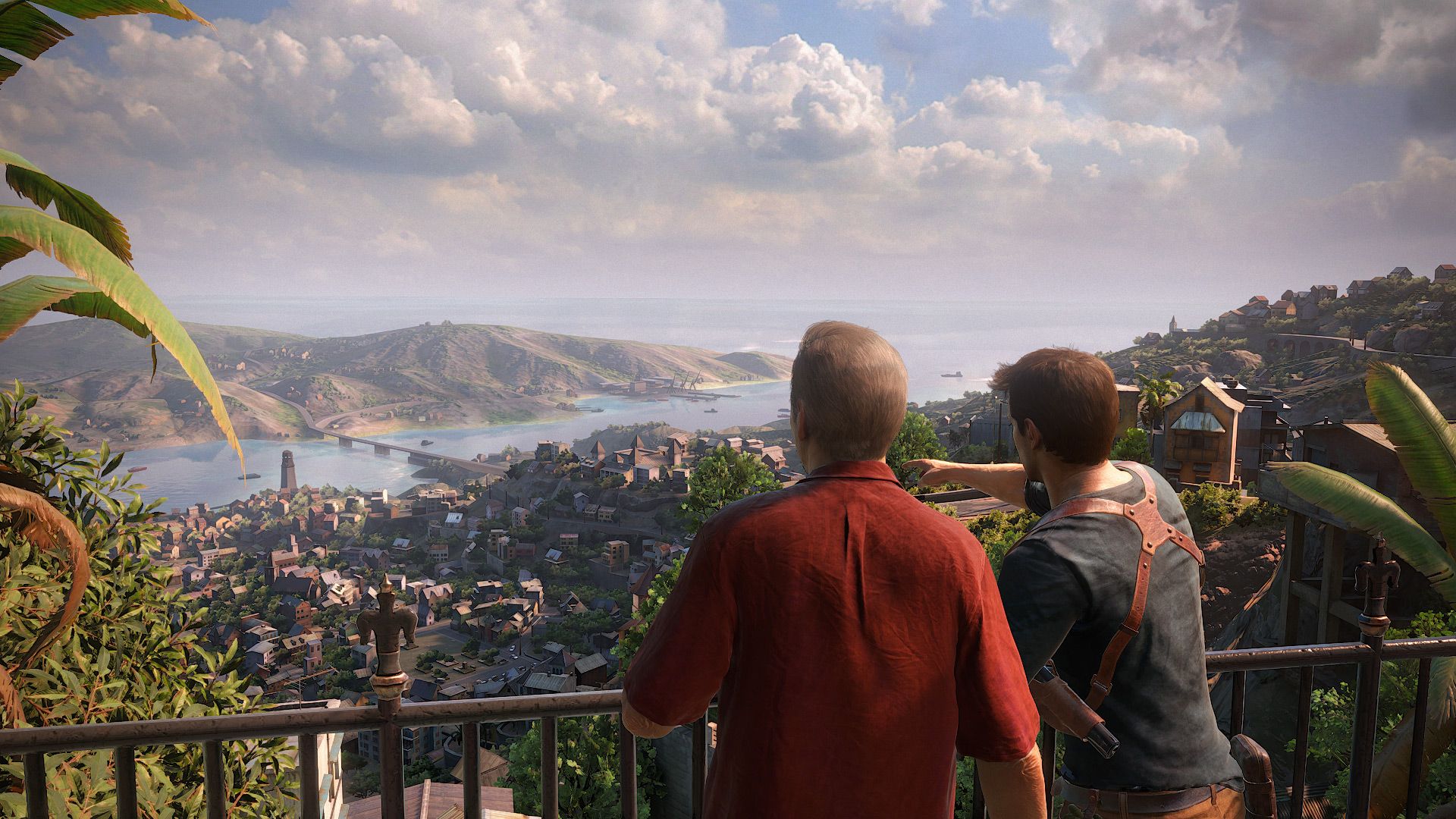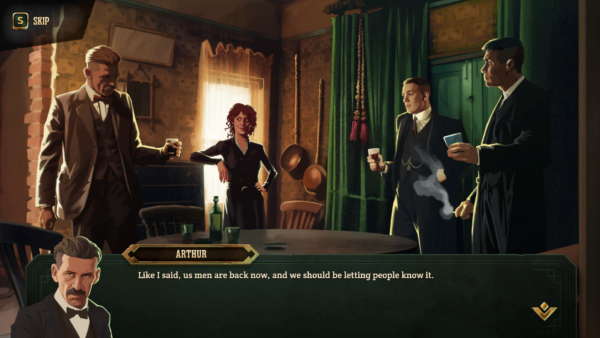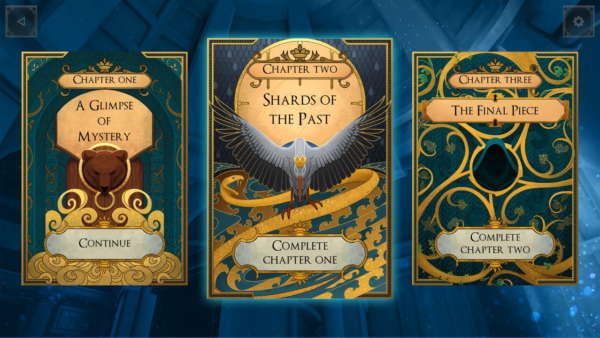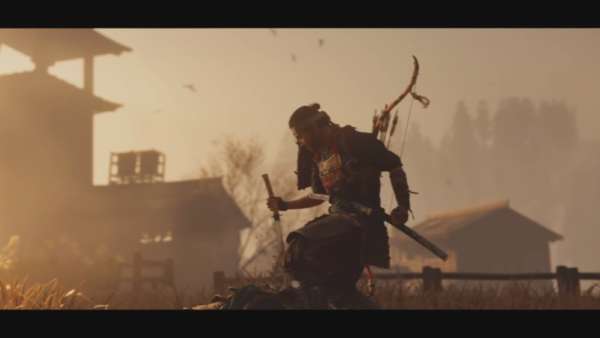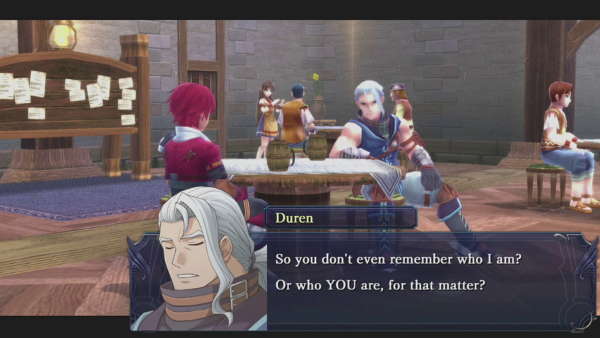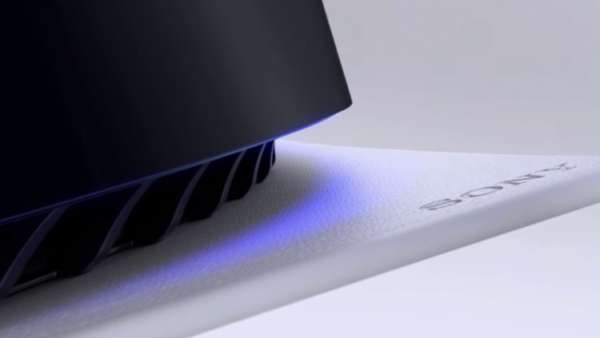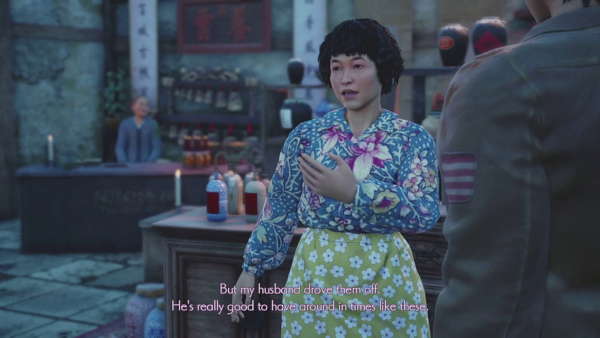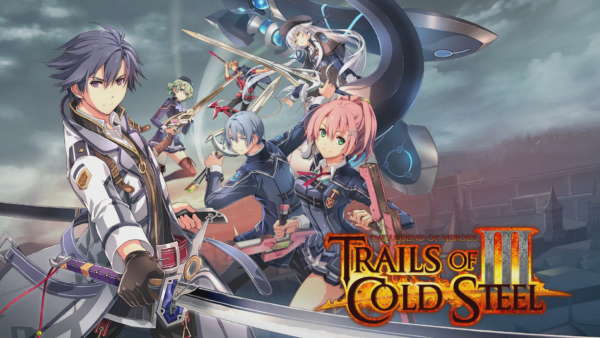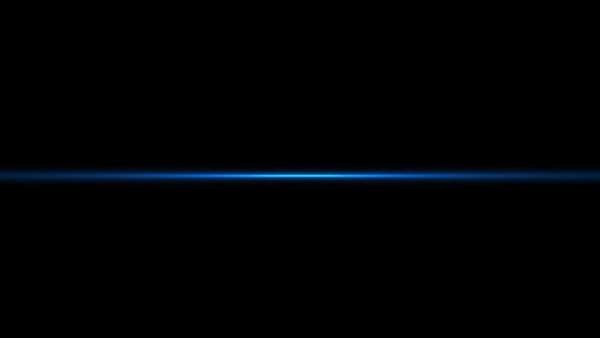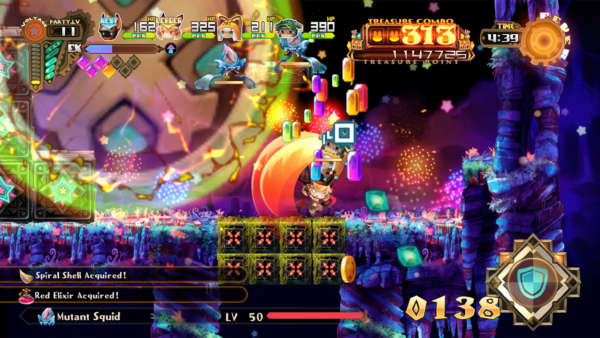Xbox has Halo. Nintendo has Mario. PlayStation? Uncharted is their baby. Every forum post about newcomers to Sony’s consoles wondering which games they should pick up first always has the same reply: Uncharted. The second instalment, Among Thieves, is usually considered the finest of Nathan Drake’s adventures, but it’s obvious that playing the first title is advised to understand and comprehend Drake’s situation and the backstory. Naughty Dog were always going to have a tricky time introducing a new experience for Nate after the end of the third instalment which saw Nate and Elena agree on a fresh start and to try and live a normal life. After Uncharted 3 left the series in a seemingly dead-end, this final instalment does a stellar job of providing a new angle and route to take Nate’s journey further.
A Thief’s End drops players right into the action from the get go. An action packed sequence on a speedboat in the middle of a thunderstorm, while bullets rain down upon you and a yet-to-be-introduced man, sees the player introduced to the controls whilst navigating the boat toward an eerie island in the distance and returning fire. A clever foretelling of things to come as the game mellows out, focusing on Nate’s pledge to live a normal life, with the first few chapters introducing Sam, Nathan’s previously undisclosed brother, and Rafe, another character who features prominently throughout the game. Planting such an enigmatic sequence as the initial experience of Uncharted 4 means the lure of wanting to find out how Nate gets himself into such a predicament is at the front of your mind as you play, trying to put the pieces together as the game plays out.
